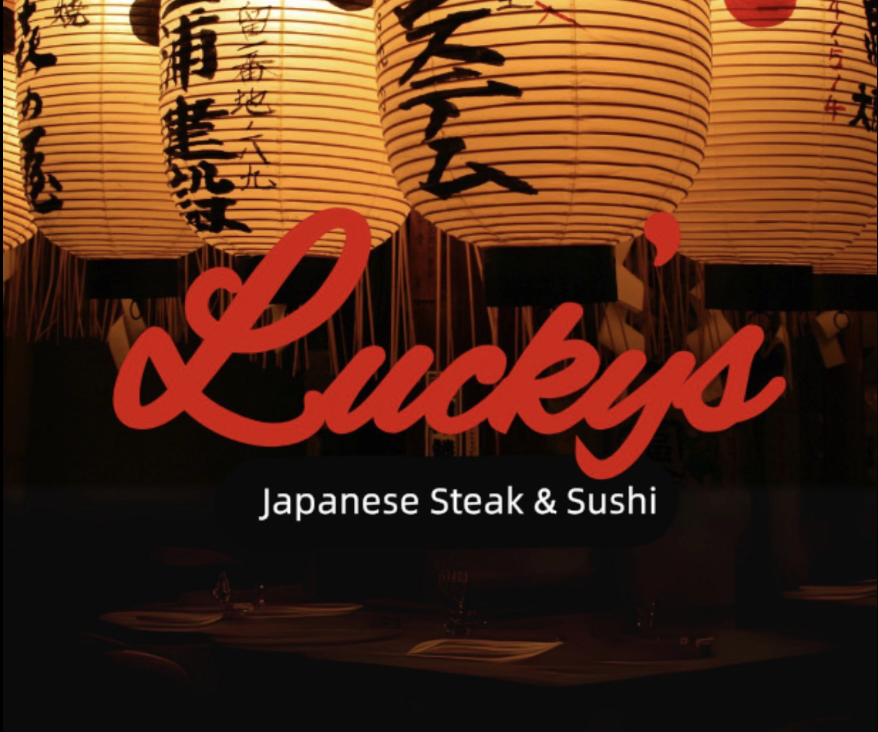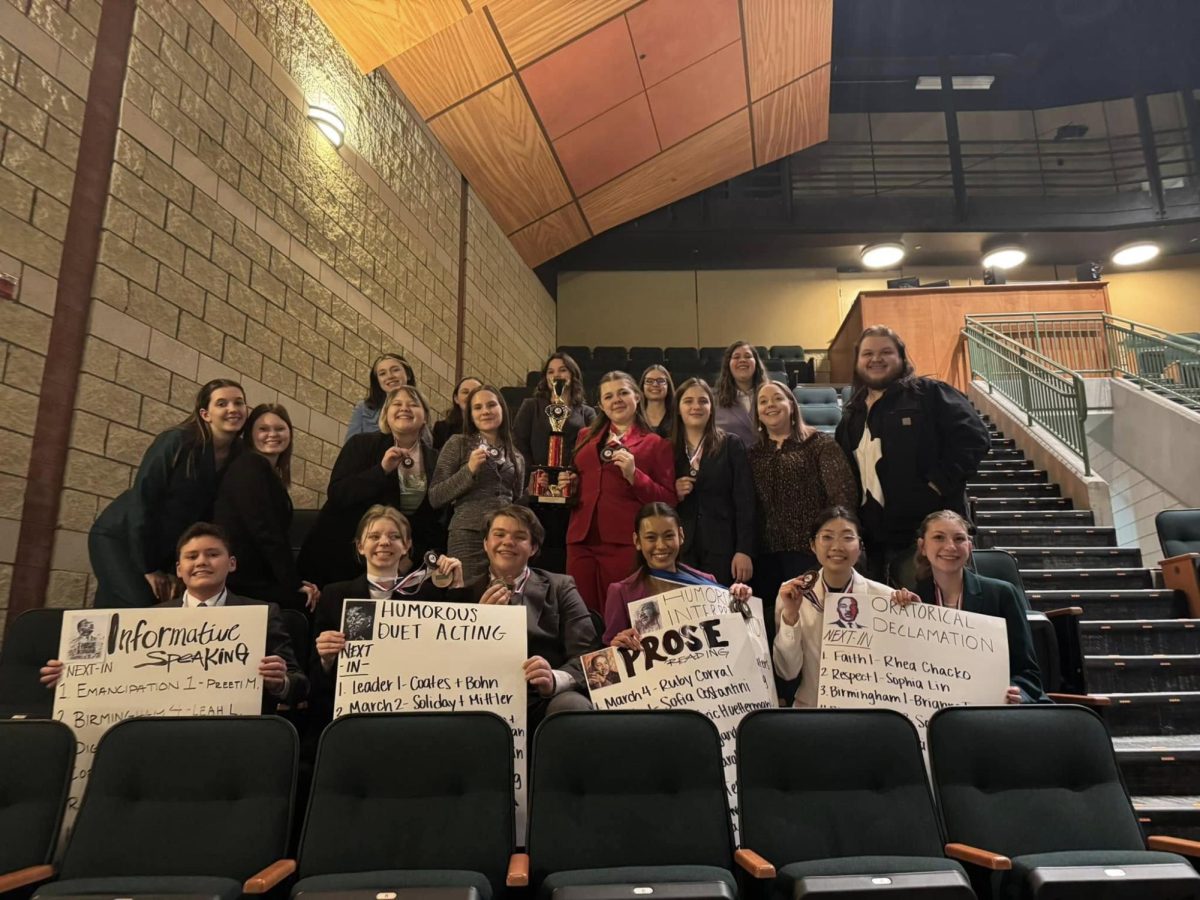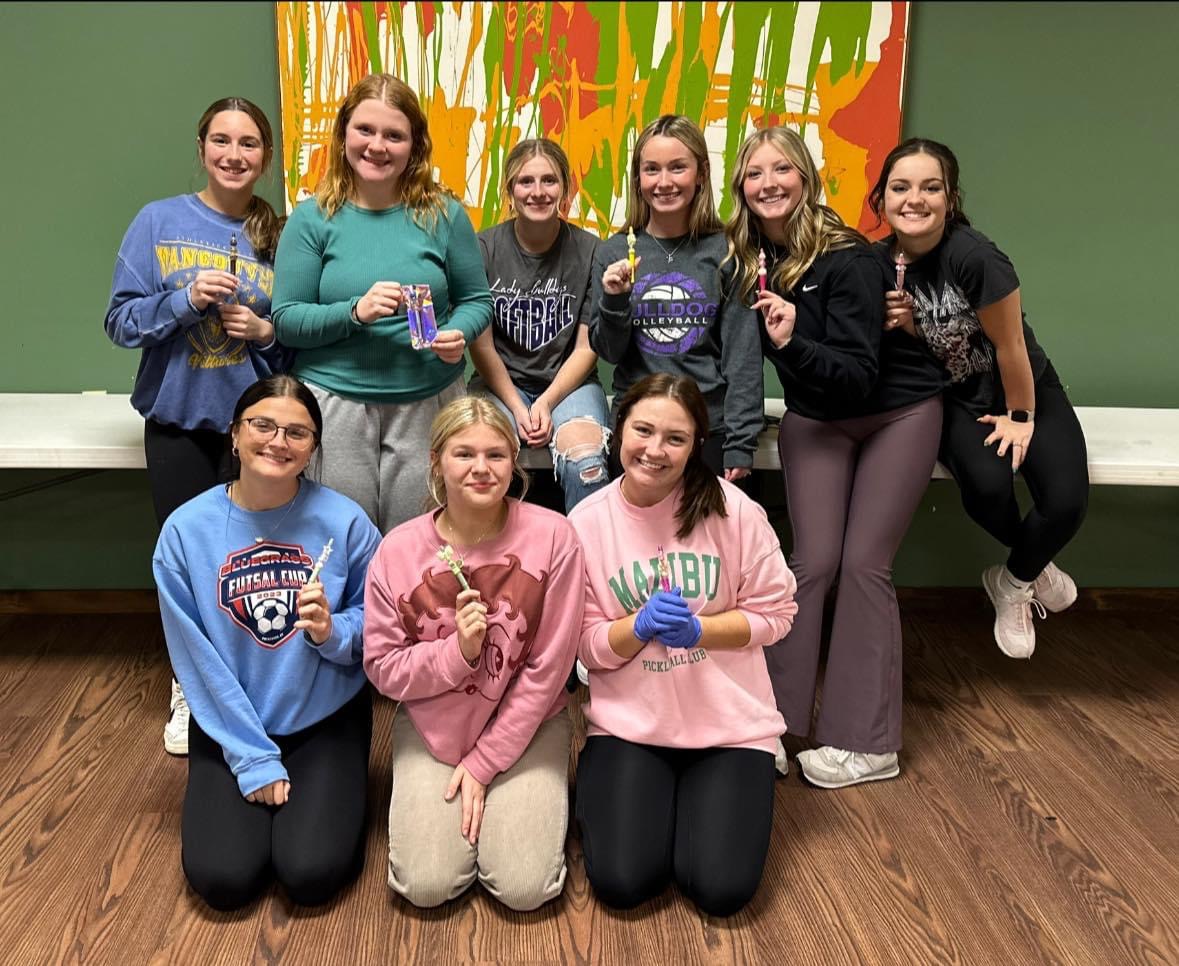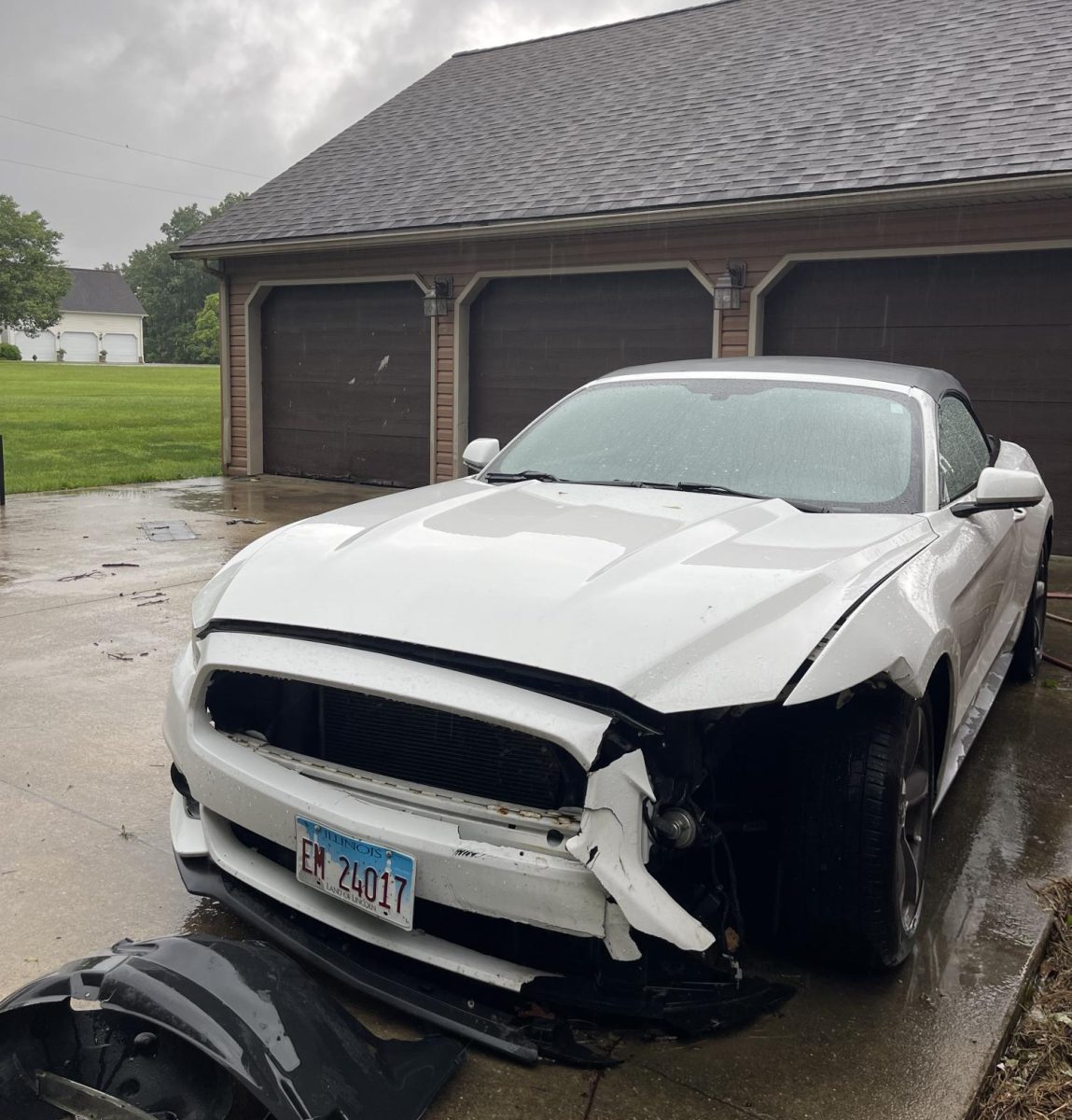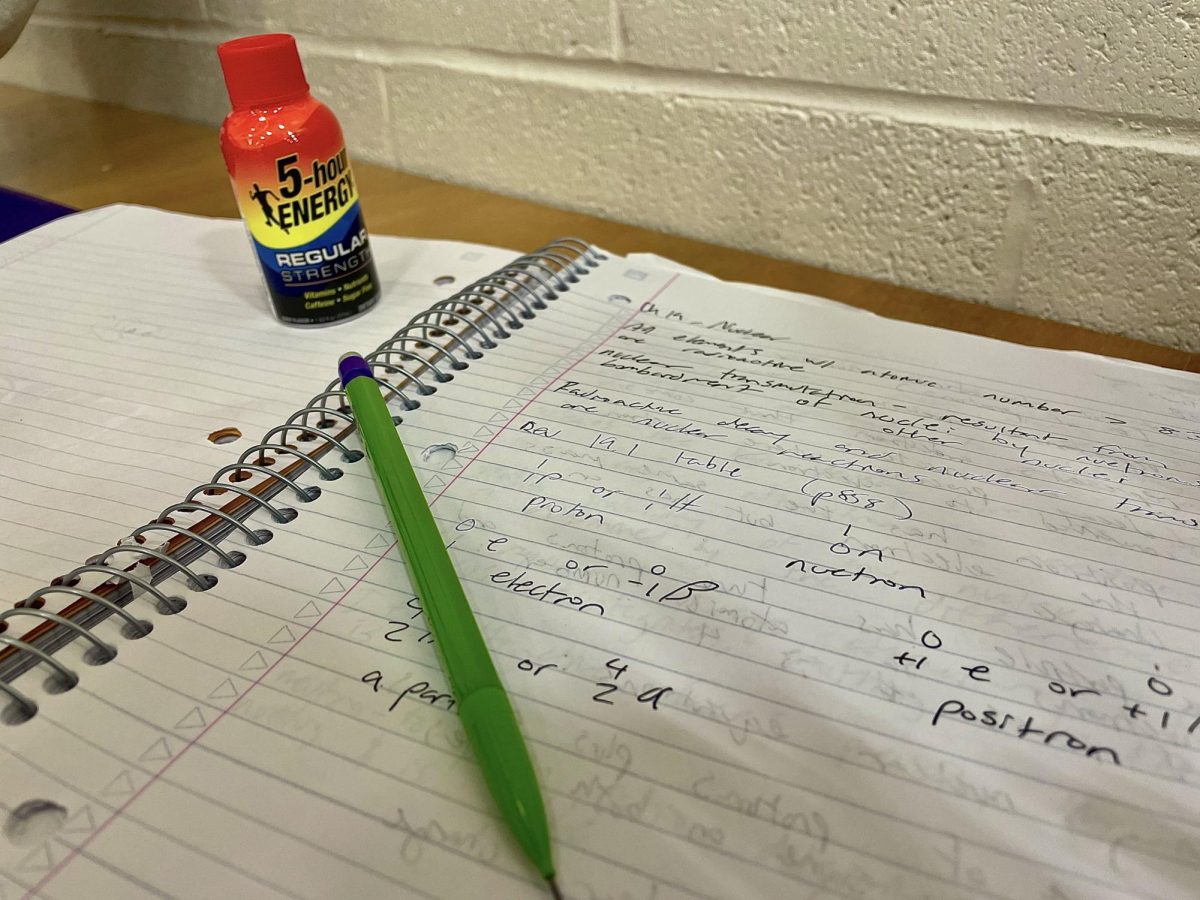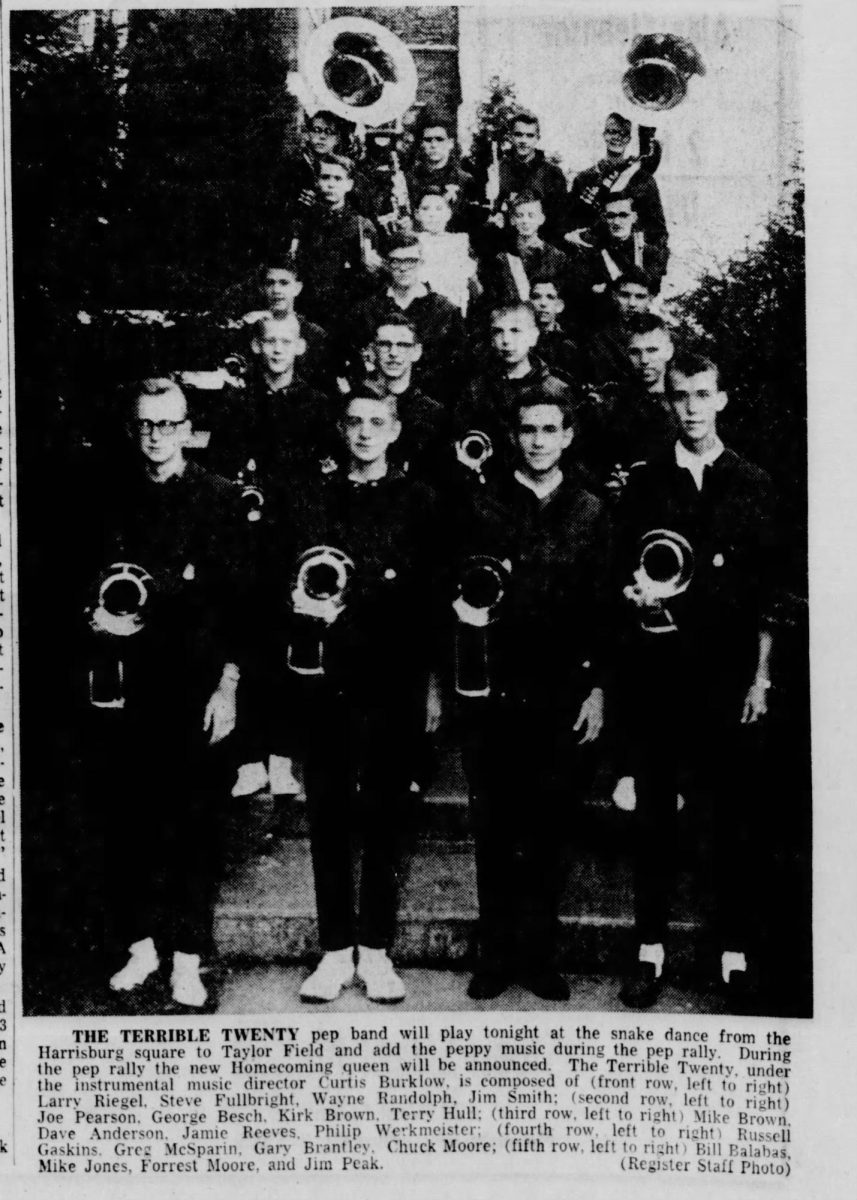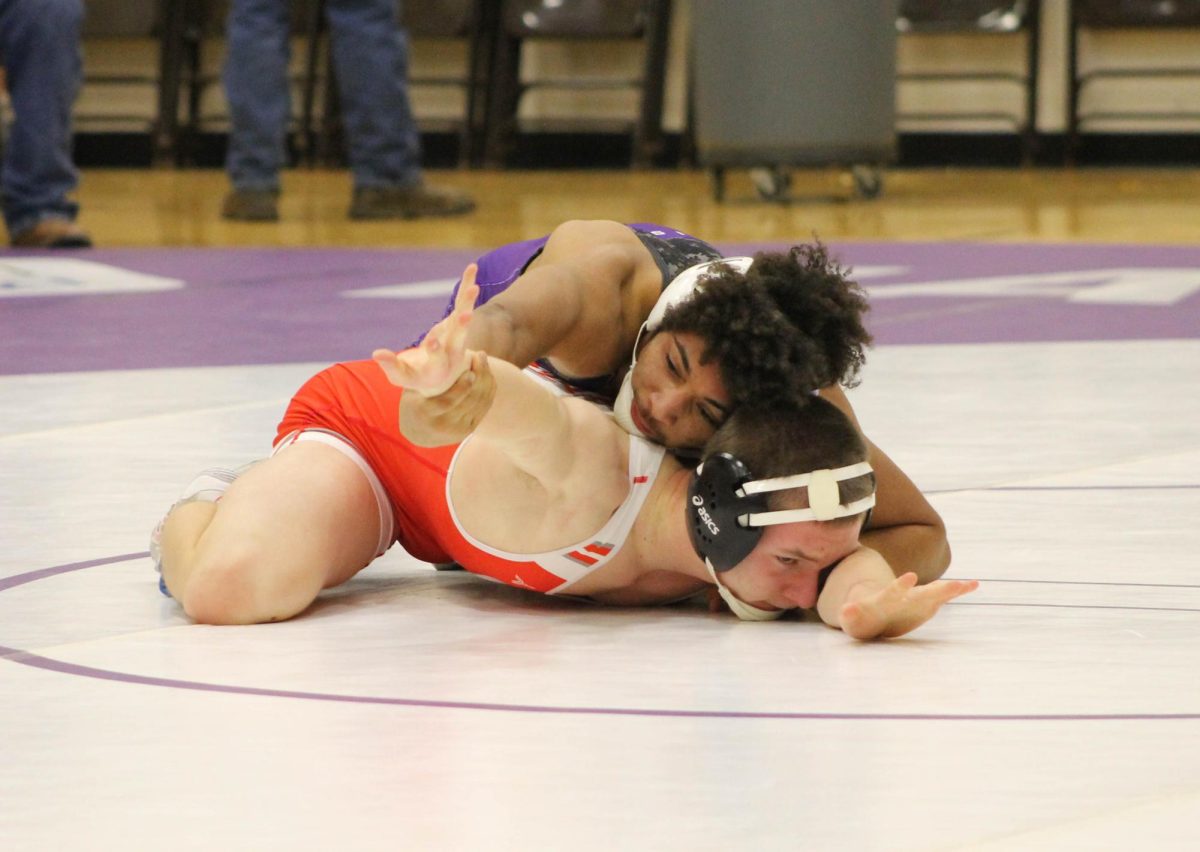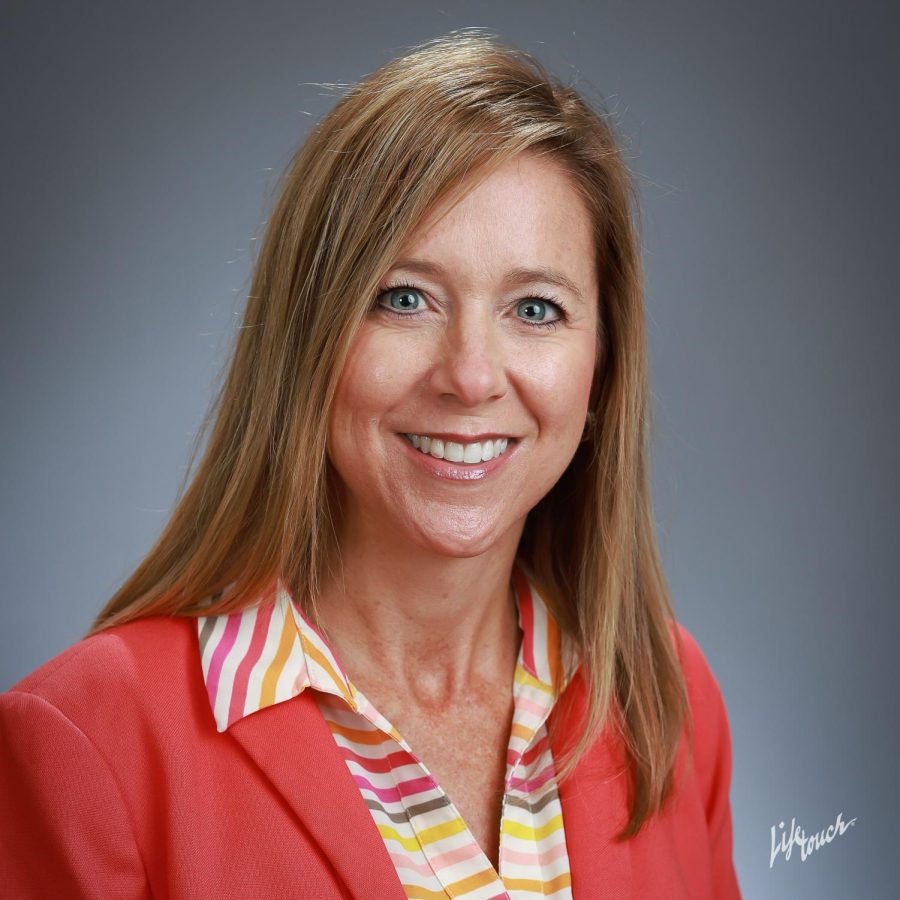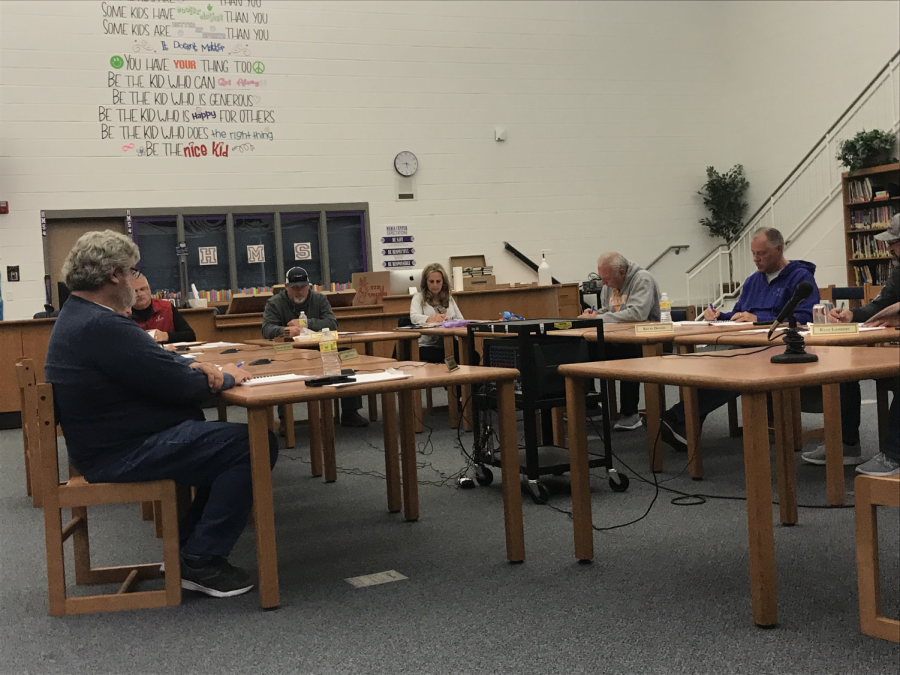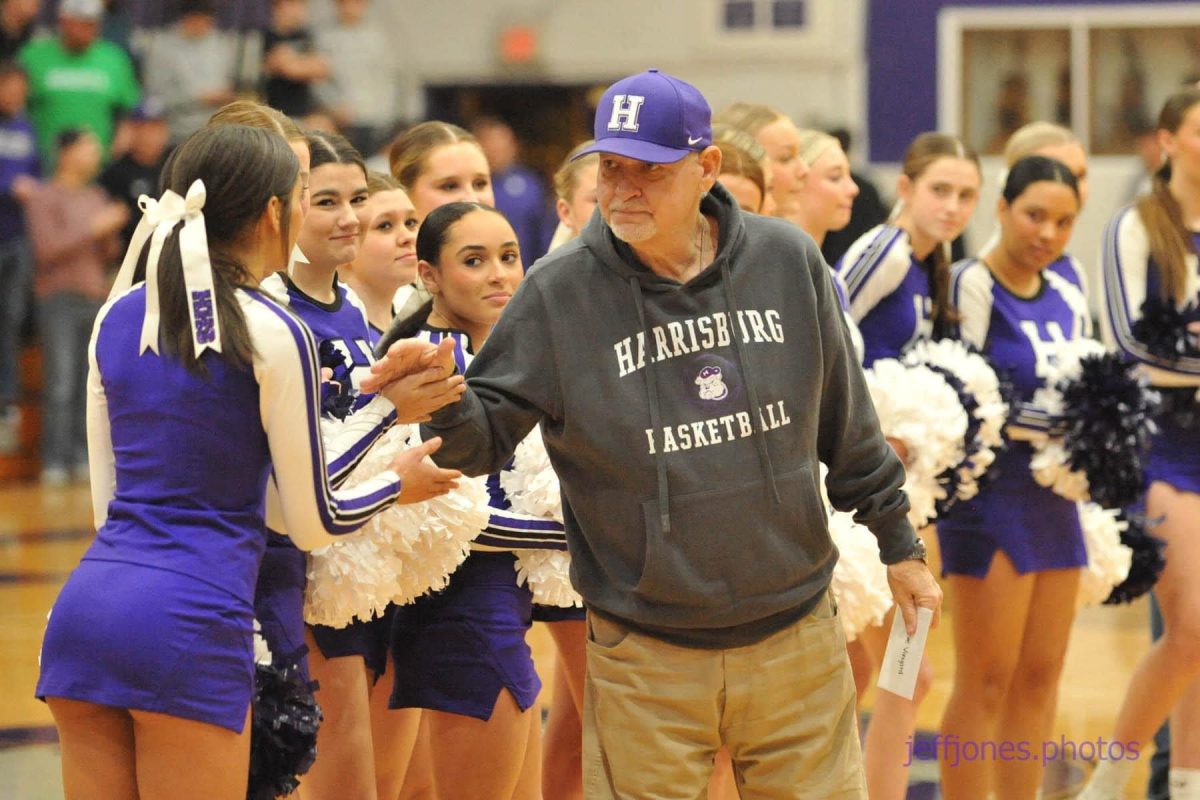Due to the controversial exam policy last year, Harrisburg High School (HHS) faculty have made changes to the policy.
The policy has been dropped entirely.
“We really don’t have an exam policy anymore,” principal John Crabb said. “There was a feeling that the old exam policy was medically irresponsible because very driven students might show up to school sick because they didn’t want to miss more than three times. We decided to do away with semester exams as a whole school and leave it up to the teachers to decide. If a teacher gives an exam to the whole class, everyone now has to take it.”
Crabb believes no exam policy is better than having one.
“I could argue that having an exam policy is more unfair than not having an exam policy because if there’s no exam policy, everybody takes it,” Crabb said. “So as far as the class rank, there shouldn’t be an advantage.”
Crabb believes that students were motivated by themselves, not by the exam policy.
“Attendance has really been all over the place since COVID, and it still is kind of all over the place,” Crabb said. “The kids who generally perform the best on semester exams don’t need an absence or attendance policy to motivate them; their motivation comes from themselves and their intrinsic motivation to do as well as they can.”
The HHS staff meets once a month to decide if the policy still works well for the students.
“The whole faculty makes the decision,” Crabb said. “We have a building leadership team that meets once a month to talk about the issues and bring up policy changes, and that’s where it starts. They take it back to each individual department, and it is kind of decided as a whole.”
Though some teachers may not require a semester exam, dual credit instructors must give a cumulative final.
“We’re not doing semester exams as a school; it’s left to the teacher’s discretion,” Crabb said. “Now that changes if you have a dual credit class, where you’re bound by SIC’s rules to have to take the cumulative exam.”
Crabb believes that the exams are important for students to take.
“I think that it’s a preparation kind of thing for college-bound kids,” Crabb said. “It’s a sense that you have to take exams-you have to learn to take exams, you have to learn to study, and you have to take cumulative exams in college, and it’s our duty as educators to give [students] the resources and give [students] that experience so you don’t go into college without the knowledge of how to do it.”
Those who don’t wish to go to college still can learn valuable skills from the exams.
“A cumulative semester exam is a better assessment of the content knowledge that you’ve accumulated, and it’s a responsibility that it medically for students to learn,” Crabb said. “When you get a job, you’re constantly evaluated all of the time, and if you’re never moving forward, there’s never going to be an opportunity to grow, and I think it’s a life lesson. If [students] expect to do well then they have to prepare for it-they have to study.”
The policy is unlikely to be changed the following semester.
“I don’t think that [the policy] will be changed for the second semester,” Crabb said. “We have decided to go all year like this; we will revisit that during our business leadership team meetings for the rest of the year and give input to kind of see how this fall and spring we can always implement something for next year, but I think that everybody is onboard with teacher discretion.”
However, Crabb said that the policy may change if it is deemed best for the students.
“The staff has struggled with [the policy],” Crabb said. “It’s a situation where just because we’re locked into it this year it won’t change this year and the following years. In my short time here, this is what I’ve come to really enjoy about the staff is that anytime there is a meeting and they’re talking about a policy change that is going to affect the students, they are all in for what’s best for the students. So, if we find out that this year isn’t best for the students, then we will probably make a change for next year. It can change at any moment. If we find out that it didn’t work, then we’re going to make a change.”
